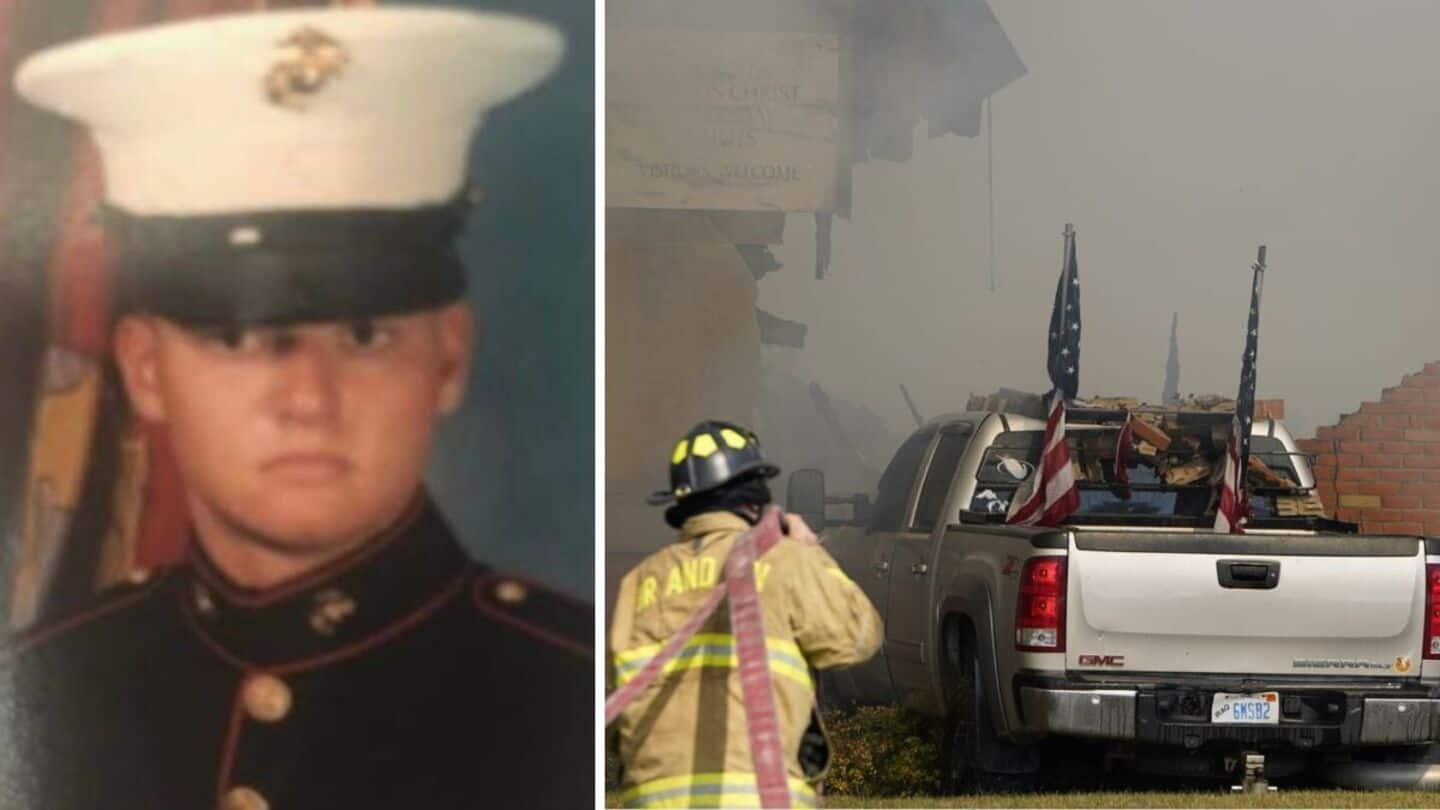DENVER — Along what is arguably the most famous street in Denver lies a pervasive crime with a long history in the city. Now, law enforcement is trying out a new kind of operation meant to combat a crime that requires a nuanced approach.
On August 27, the Denver Police Department (DPD) launched its three-part operation aimed at curbing sex work and sex trafficking on East Colfax. The distinct phases build upon decades of understanding how coercion and exploitation often accompany sex work.
“There’s a lot of sex workers that come into Denver that are not doing this because they want to, but because they’re either under pimp control or they’re being trafficked by a pimp,” explained Lieutenant Ryan Harris, who works with the Vice Narcotics Section in DPD. “We really come at it from a victim-centered approach. We work with a lot of non-government organizations, and our own victim services in-house, really trying to find services and options for those that are involved in sex work.”
Denver7 got an exclusive look at DPD’s three-pronged operation — something the department had never tried before this summer.
“While it is a brand-new approach to do all three of those things at the same time on the same night, we’ve been doing a little bit of those things for a long time,” Harris said. “I’ve been involved in this type of work for the last 13 years, and really, even back 13 years ago, we started taking small baby steps towards that.”
### The Three-Part Operation
First, police conducted an undercover investigation, looking to identify who was trying to buy sex in the area of East Colfax. Next, sex workers were offered support and resources from organizations and victim advocates on scene. Finally, law enforcement conducted strategic enforcement in the area.
That night, Harris said eight people were arrested in connection with accusations of soliciting sex, and their cars were impounded as a result.
“It’s very important that people understand that if you’re buying sex in Denver, we’re going to find you, you’re going to get arrested, and we’re going to impound your vehicle,” said Harris.
Meanwhile, Harris emphasized that sex workers are not penalized during such operations. However, sex work is not decriminalized in Denver, and there are times when sex workers may be cited.
“But we do that from an empathetic perspective, and we first triage to see if there’s any trafficking,” Harris added.
### A Compassionate Approach
Chris Richardson, director of the Crisis Service Bureau at DPD, was on scene alongside officers that night. As a social worker, Richardson has a deep understanding of mental health struggles within vulnerable populations.
“We’ve grown a lot, just in general, in our knowledge of what this population needs, what they look like, how they present,” Richardson said. “[In the past] a lot of it was blaming the individual for putting themselves out there. And I think what we’ve really come to realize is that a lot of these individuals are forced. They’re coerced. They are manipulated into doing this kind of work.”
Richardson said the focus is on the perpetrators—those purchasing sex—and not on the sex workers themselves, who are often victimized.
“From my standpoint, it was a double-edged approach. It was getting the bad guys off the street and being able to actually support the individuals that may not want to be in this lifestyle, or maybe are tired of it and just want a way out, and they just don’t know who to reach out to,” said Richardson. “That’s what I love the most about it, is trying to make an impact on someone, and not really having an agenda other than kindness and caring and showing support.”
### Partnering with Advocacy Groups
Also present during the first night of the operation was Jenelle Goodrich, the founder and executive director of From Silenced to Saved (FSTS), a nonprofit organization supporting survivors of human trafficking.
As Goodrich surveyed the East Colfax area where enforcement took place, she referred to it as “The Blade.”
“The Blade is a stretch of street or real estate in certain cities that are on the circuit—major cities in the nation—where commercial sex workers are put out by their pimps and traffickers to work The Blade and engage in sexual acts,” Goodrich explained.
“When we’re only seeing one side of the problem, which is what historically it has been, then we tend to go after girls and penalize them for being victimized.”
Goodrich described the shift in DPD’s approach to sex work and trafficking victims as “drastic,” saying the department understands the nuances of the crime.
“I trust DPD implicitly, especially their human trafficking unit, when it comes time to speak to a potential victim, survivor, that they will be trauma-informed, that they will be non-judgmental, and that they will really give them the care and focus that’s needed for their case,” Goodrich said.
During the operation, Goodrich informed sex workers about their rights to report trafficking crimes.
“We were able to get a lot of amazing feedback that night from girls being shocked that that was their right,” said Goodrich. “From girls taking resource cards, from one individual giving us a hug because she thought it was so great that we were out here, to a minor that came forward days later to get off the street and be able for the victim services to assist and help with that, to get her home.”
### Breaking the Cycle
Still, the psychological cycle behind sex work and trafficking can be incredibly difficult to break.
“When there’s a trauma bond with these individuals and these victims, survivors, then it’s really hard to get them out,” Goodrich said. “We have to consistently be going back, be doing this, showing up and telling them that we’re here, and hopefully at some point they will take it and be able to live a better life outside of the control of another individual.”
### Understanding the Broader Impact
According to Goodrich, the problem extends far beyond just the immediate area of East Colfax.
“The spider web that it has affects every single person in the state of Colorado,” Goodrich said. “Statistically, especially with this type of operation which is going after the demand in one of the pieces of that operation, statistically, buyers are middle-aged Caucasian men, married with two children, with pretty high income or at least decent income. And so most of that type of man does not necessarily live in this block. He lives all over the Denver metro area.”
### Voices from Survivors
Goodrich shared messages from several women formerly sex trafficked, reflecting on their experiences.
One woman said, “I cannot personally call it sex work. It was not consensual, and I had no choice in what was happening to me. I was 17 and still in high school when a man in his 40s began grooming and coercing me, eventually taking me across the country away from my family and trafficked me. It seemed to be in a blink of an eye. Things were okay, and then suddenly I was trapped in this world, being taken advantage of, and I could not escape it.”
Another survivor explained what ultimately helped her break free.
“Well-trained officers, investigators, and my advocates rescued me,” she said. “They took me at my lowest moment and supported and guided me through the initial rescue, reuniting with my family through the whole legal process and beyond. I’m grateful to From Silenced to Saved and everyone and their knowledge and training for saving my life.”
When asked about the importance of support and resources during trafficking, one woman emphasized how difficult it is to escape such situations.
“Having the knowledge that there are people out there who can and will help others stuck in the same situation is comforting,” she said. “Education and training for law enforcement on the subject is so crucial for getting people out of these situations. It is a much more common issue than people realize. Everyone who helped me knew exactly what to do, and I am now thriving and have a better life than I ever thought possible. From Silenced to Saved and everyone involved in my case saved my life and continues to help me thrive.”
### Looking Ahead
The Denver Police Department said there are plans for more three-part operations to combat sex work and trafficking in the future, alongside other enforcement practices.
By combining enforcement, victim support, and collaboration with advocacy groups, DPD aims to address sex trafficking with a compassionate and comprehensive strategy — one focused on the victims and holding perpetrators accountable.
https://www.denver7.com/news/front-range/denver/denver-pd-launches-new-three-part-operation-to-combat-sex-work-trafficking-along-east-colfax


